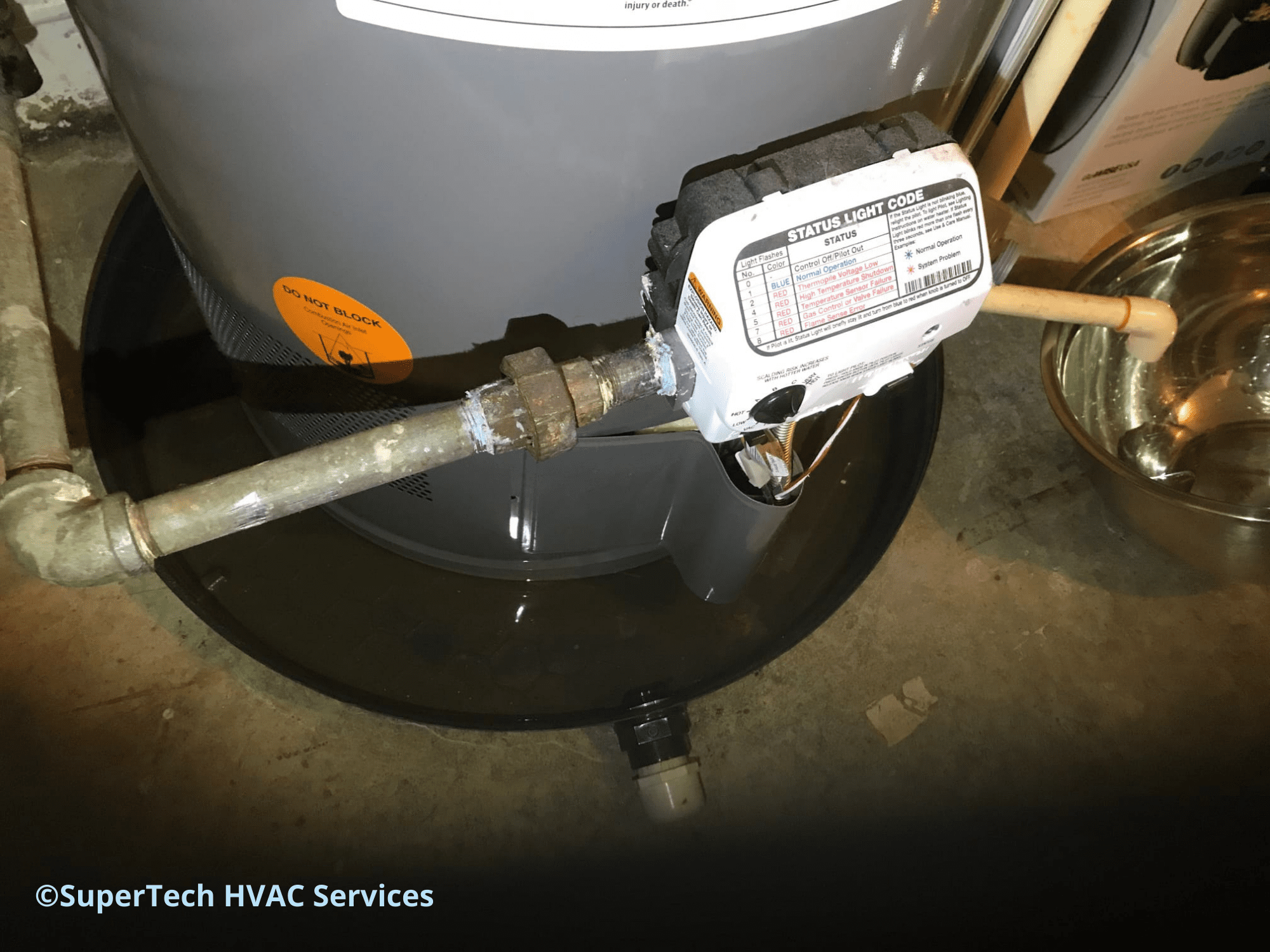Addressing Regular Heater Difficulties
Addressing Regular Heater Difficulties
Blog Article
They are making a number of good annotation on the subject of Water Heaters Problems as a whole in the article which follows.

Imagine starting your day without your regular warm shower. That currently establishes a bad tone for the remainder of your day.
Every house needs a trustworthy water heater, however just a couple of know exactly how to manage one. One very easy method to keep your hot water heater in leading form is to look for mistakes on a regular basis and also repair them as quickly as they appear.
Remember to turn off your hot water heater before sniffing about for faults. These are the hot water heater faults you are probably to experience.
Water also warm or also cool
Every hot water heater has a thermostat that figures out exactly how warm the water obtains. If the water coming into your residence is too warm despite establishing a convenient optimum temperature, your thermostat may be damaged.
On the other hand, too cold water may result from a failed thermostat, a damaged circuit, or incorrect gas circulation. As an example, if you use a gas water heater with a damaged pilot light, you would get cold water, even if the thermostat remains in best problem. For electrical heating units, a blown fuse might be the perpetrator.
Not nearly enough warm water
Hot water heater come in numerous sizes, depending on your hot water demands. If you run out of hot water before every person has had a bathroom, your hot water heater is as well small for your family size. You ought to take into consideration mounting a larger water heater storage tank or going with a tankless hot water heater, which uses up less room as well as is much more long lasting.
Odd noises
There are at the very least five type of noises you can learn through a hot water heater, but one of the most typical analysis is that it's time for the water heater to retire.
To start with, you ought to know with the normal seems a hot water heater makes. An electrical heater might sound various from a gas-powered one.
Popping or banging sounds typically imply there is a slab of sediment in your tanks, and it's time to cleanse it out. On the other hand, whistling or hissing noises may merely be your shutoffs letting some stress off.
Water leakages
Leaks can originate from pipes, water connections, shutoffs, or in the worst-case situation, the tank itself. With time, water will wear away the storage tank, and also locate its escape. If this takes place, you need to replace your water heater asap.
However, before your modification your entire tank, be sure that all pipelines are in area and that each shutoff works perfectly. If you still require help identifying a leak, call your plumber.
Rust-colored water
Rust-colored water suggests one of your hot water heater parts is corroded. Maybe the anode pole, or the tank itself. Your plumber will be able to recognize which it is.
Lukewarm water
Regardless of exactly how high you established the thermostat, you will not obtain any kind of warm water out of a heating unit well past its prime. A hot water heater's performance may lower with time.
You will certainly additionally obtain lukewarm water if your pipes have a cross link. This suggests that when you turn on a faucet, hot water from the heater streams in alongside regular, cold water. A cross link is easy to area. If your hot water faucets still pursue shutting the hot water heater valves, you have a cross connection.
Discoloured Water
Corrosion is a major root cause of filthy or discoloured water. Deterioration within the water storage tank or a failing anode pole might cause this discolouration. The anode pole safeguards the storage tank from rusting on the inside as well as should be checked yearly. Without a rod or a properly operating anode rod, the warm water rapidly rusts inside the storage tank. Get in touch with a specialist water heater specialist to figure out if changing the anode rod will certainly fix the trouble; if not, change your hot water heater.
Final thought
Ideally, your water heater can last one decade prior to you require an adjustment. Nonetheless, after the 10-year mark, you may experience any one of these faults much more routinely. At this moment, you should include a new water heater to your budget.
How To Troubleshoot 3 Common Water Heater Problems in Twin Cities
The Water Heater Is Leaking
A leaky cold water inlet valve A loose pipe fitting A leaky temperature and pressure relief valve A corroded anode rod A cracked tank Turn Off Your Water Heater:
Shut off your gas water heater by turning the gas valve on the unit to the “OFF” position. Shut off your electric water by switching its power off at your electrical panel. Look for a two-pole breaker labeled “water heater” and turn it to the “OFF” position. Move the ball valve connected to the water heater to be perpendicular to the piping at a 90° angle. Look for the Leak:
Depending on whether the water is coming from the tank's top or bottom, you’ll want to look for the leak in different locations.
If the leak comes from the top of the tank, carefully look for water escaping from the cold water inlet valve or loose pipe fittings. Rusted hot and cold water valves can have loose connections with the tank, with water leaking out of them.
https://mspplumbingheatingair.com/blog/how-to-troubleshoot-3-common-water-heater-problems
As a person who reads about Water Heater Repair and Troubleshooting, I was thinking sharing that piece of content was a great idea. Make sure you set aside a second to promote this write-up if you enjoyed it. Thank you for going through it.
Overflow? Ring now! Report this page